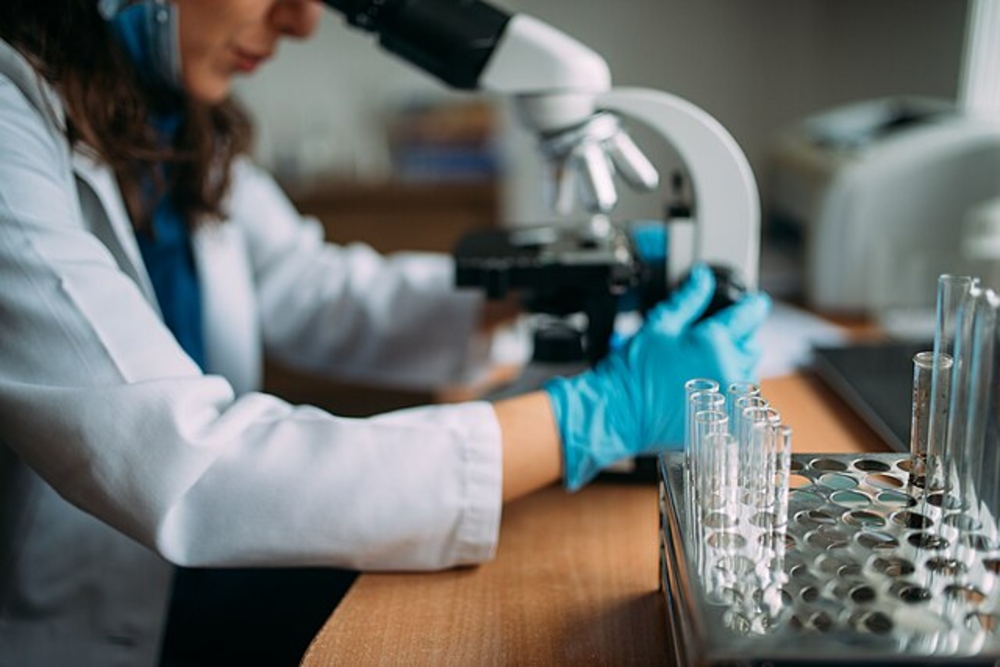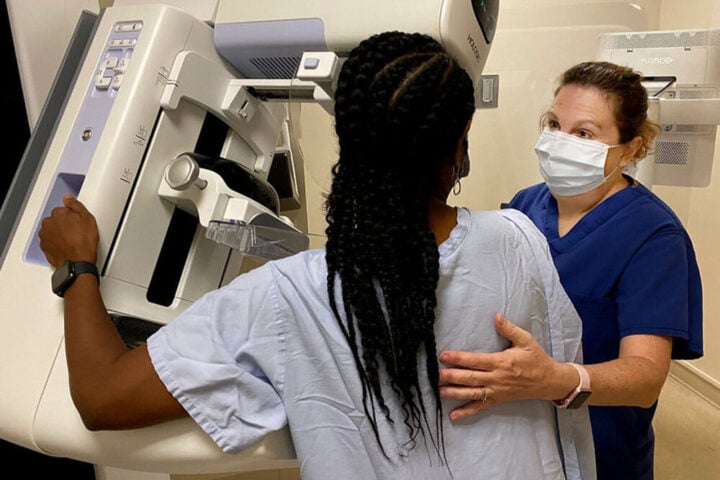The UK Food Standards Agency (FSA) has secured £1.4 million to create a new innovation hub focused on precision fermentation, a technology that could change how certain foods are made.
The funding, provided by the Department of Science, Innovation and Technology (DSIT), will help the FSA better regulate these new food technologies while ensuring consumer safety remains a top priority.
Professor Susan Jebb, Chair of the FSA, emphasized the balance between innovation and safety: “We’re pleased to secure this additional funding to make the risk assessment of innovative products swifter, without compromising on food safety.”
What is Precision Fermentation?
Precision fermentation uses microorganisms like yeast to create specific food ingredients including proteins, sugars, and fats. The process has actually been used for decades to make ingredients such as rennet for cheese production.
In recent years, there has been growing interest in using this technology to produce alternative proteins without animals. For example, companies are working on creating dairy proteins identical to those from cows, but without actually using cows.
No precision fermentation dairy products are currently available in UK shops, but several applications are reportedly being evaluated by the FSA as part of the regulatory process.
Similar Posts
Safety First, Innovation Second
The FSA’s new hub will bring together their existing work on novel foods and food created through genetic technology. The funding will specifically enable the agency to:
- Boost scientific capacity to assess the risks of these innovative products
- Provide clearer regulatory guidance to industry on how to gain market authorization
- Support wider food innovation through enhanced regulatory capacity
“The public can remain confident that the foods they choose are safe and the UK economy can benefit from business investment,” Professor Jebb added.
Economic and Environmental Potential
According to a 2023 report cited in the source material, the UK alternative protein market could potentially be worth over £6.8 billion annually and create 25,000 jobs by 2035.
Environmental benefits may also be substantial. A peer-reviewed analysis found that precision fermentation milk proteins generated 72% fewer greenhouse gas emissions, consumed 81% less water, and used 99% less farmland than conventional dairy products.
Science Minister Lord Vallance highlighted these potential benefits: “Breakthroughs in precision fermentation have the potential to grow our economy and improve food security by reducing reliance on imports.”
Part of a Broader Strategy
This new initiative is part of a series of projects the FSA is working on to help drive growth while maintaining high safety standards in the UK food sector. Other initiatives include:

- Supporting UK businesses in meeting EU requirements for food grade recycled plastic
- Establishing a regulatory sandbox for cell cultivated products
- Implementing a new approach to food standards inspections
- Growing support for trade by working with Defra on international audits of UK standards
The FSA’s approach appears focused on ensuring that while innovation proceeds, consumer safety remains paramount, with rigorous testing and evaluation required before any new products reach market.
Frequently Asked Questions
Precision fermentation is an advanced form of traditional fermentation that programs microorganisms like yeast to produce specific proteins, fats, or other ingredients. Unlike traditional fermentation which creates general products, precision fermentation targets exact molecular compounds. It’s been used for decades to make ingredients like rennet for cheese, but is now being applied to create animal-free dairy proteins that are molecularly identical to those from cows.
Currently, no precision fermentation dairy alternative products are available in UK shops. However, several applications are being evaluated by the Food Standards Agency as part of the regulatory process. The new innovation hub aims to accelerate the assessment of these products while maintaining safety standards.
Safety is the top priority for the FSA when evaluating precision fermentation products. The new £1.4 million innovation hub will specifically boost scientific capacity to assess risks of these products before they reach consumers. The FSA emphasizes that while they aim to make risk assessment swifter, they will not compromise on food safety standards, ensuring that any approved products meet rigorous safety requirements.
According to peer-reviewed analysis, precision fermentation offers significant environmental advantages over conventional methods. For example, precision fermentation milk proteins generate 72% fewer greenhouse gas emissions, consume 81% less water, and use 99% less farmland than conventional dairy production. These benefits make it a potentially important technology for reducing the environmental impact of our food system.
The economic potential is substantial. According to a 2023 report cited in the source material, the UK alternative protein market, which includes precision fermentation products, could be worth over £6.8 billion annually and create approximately 25,000 jobs by 2035. This economic opportunity is one reason the government is investing in regulatory capacity through the FSA’s new innovation hub.
The innovation hub aims to support the food industry by providing clearer regulatory guidance on how to gain market authorization for precision fermentation products. It will bring together the FSA’s existing work on novel foods and food created through genetic technology, potentially accelerating the pathway to market for innovative products while maintaining safety standards. This could help UK businesses compete in this emerging sector while giving consumers access to new food options.












![Representative Image: European Starling [49/366]. Photo Source: Tim Sackton (CC BY-SA 2.0)](https://www.karmactive.com/wp-content/uploads/2025/04/Starlings-Drop-82-in-UK-Gardens-as-Birdwatch-2025-Reveals-Record-Low-Count-Since-1979-720x480.jpg)





